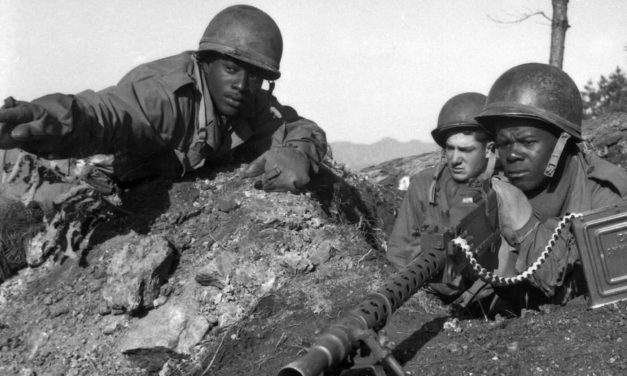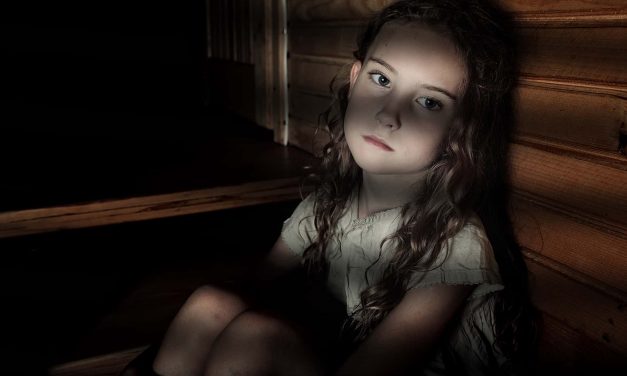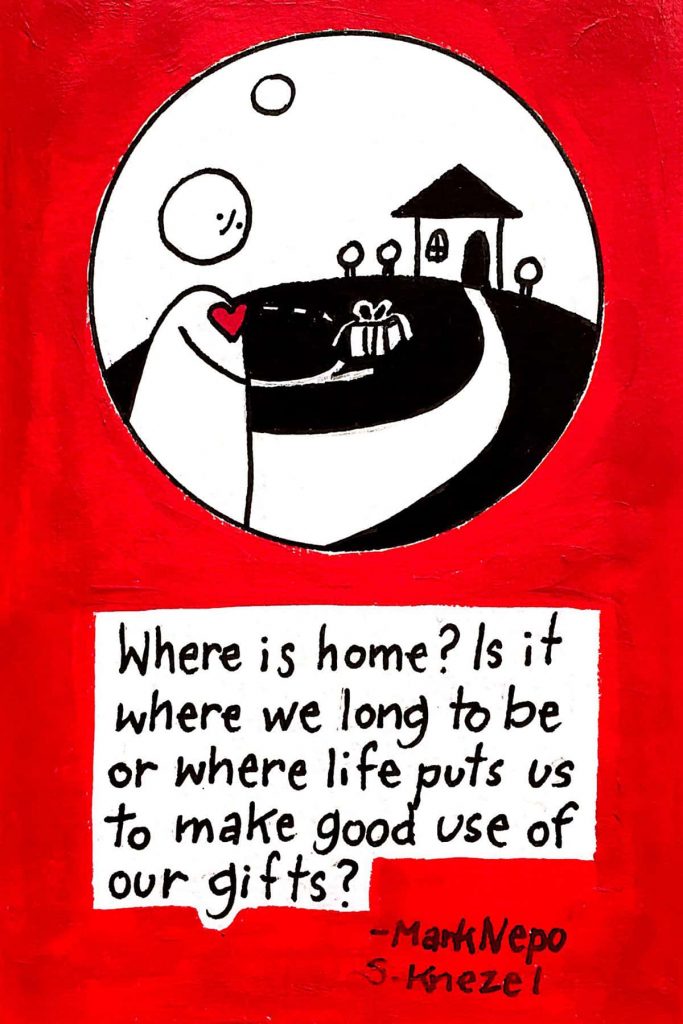Red Kettles: How Salvation Army bell ringers became a Christmas tradition
By Diane Winston, Associate Professor and Knight Center Chair in Media & Religion, University of Southern California, Annenberg School for Communication and Journalism Tinseled trees and snowy landscapes are not the only signs of the upcoming holiday season. Red kettles, staffed by men and women in street clothes, Santa suits and Salvation Army uniforms, also telegraph Christmastime. The Salvation Army is among America’s top-grossing charities. In 2018, its 25,000 bell-ringers helped raise US$142.7 million. That was part of the charity’s $3.8 billion year-end revenue from bequests, grants, sales, in-kind donations and investments as well as direct contributions. William Booth,...
Read More















